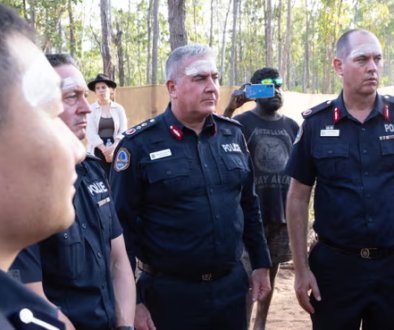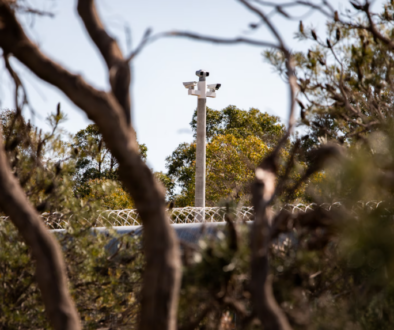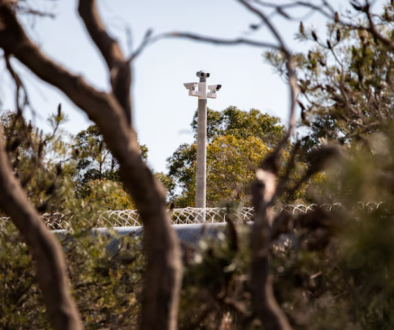Breaking the cycle: protesters demand solutions for youth detainees of Banksia Hill
Key points:
- Advocates say system is broken and government needs to work with local community to support young people
- Protesters and Aboriginal advocates have criticised the treatment of young people incarcerated inside WA’s Banksia Hill youth detention centre.
- In November, after mounting pressure, the state government held a crisis summit on Banksia Hill. It is now at the centre of a class action involving more than 700 former and current detainees.
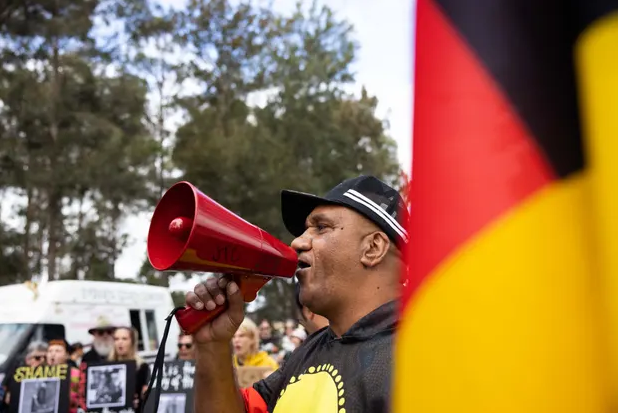
They came to call for change.
Among about 100 protestors outside Western Australia’s Banksia Hill juvenile detention centre on Sunday afternoon was Lee-Anne Mason.
Mason is a close relative of two detainees – one in Banksia, the other in the equally grim Casuarina prison’s Unit 18 where young people are sometimes kept. She says she is personally alarmed at the treatment of Indigenous youth and aware of the growing anger with claims they are being locked down for much of the day due to staffing shortages.
“Being locked down 23, 24 hours a day, having visits cancelled, phone calls cut short, no family members contact for weeks … these kids need to be able to have contact with family, friends, just to have some normality,” she said.
“I’m just re-traumatised again, the way these kids are being treated. We need to be a voice for the kids to make changes.
“There’s got to be some way to have change, something’s got to be different.”
Mason said that authorities and the state government needed to work with the local community and Indigenous elders to provide support to young people and break the cycle of incarceration.
“The grandmothers, grandfathers, aunties, uncles, they need to tap into the people that aren’t part of the system, because that’s what is broken.”
Protesters and Aboriginal advocates have criticised the treatment of young people incarcerated inside WA’s Banksia Hill youth detention centre.
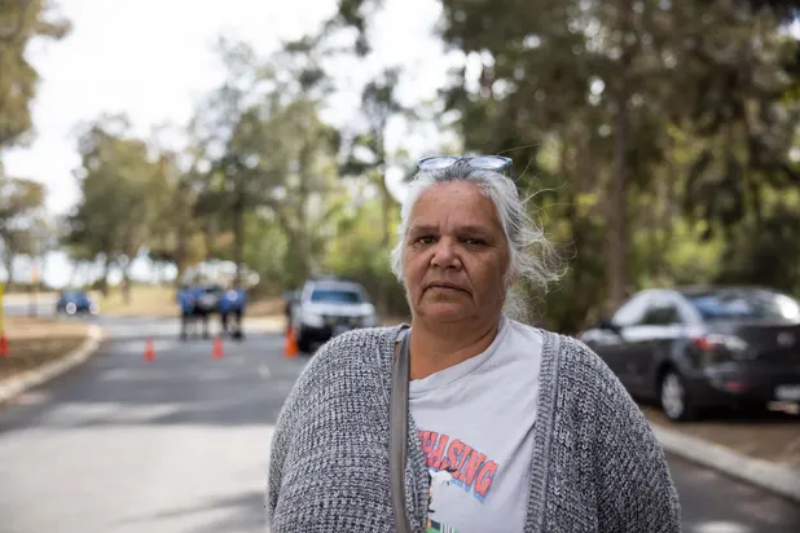
The WA government has been under sustained pressure over the treatment of young people at the detention centre – detainees rioted here last week – with anger at prolonged lockdowns due to staffing shortages and calls for greater therapeutic support for youth detention.
In November, after mounting pressure, the state government held a crisis summit on Banksia Hill. It is now at the centre of a class action involving more than 700 former and current detainees.
Banksia Hill, a juvenile facility for offenders aged 10-17 years, has been criticised over its treatment of young people, with the Aboriginal Legal Service in WA labelling it “child abuse”.
Rally organiser and project director of the National Suicide Prevention and Trauma Recovery Project, Megan Krakouer, told protesters that the issue was a “prison crisis”, that the government was acting illegally and that a growing number of plaintiffs were joining the class action.
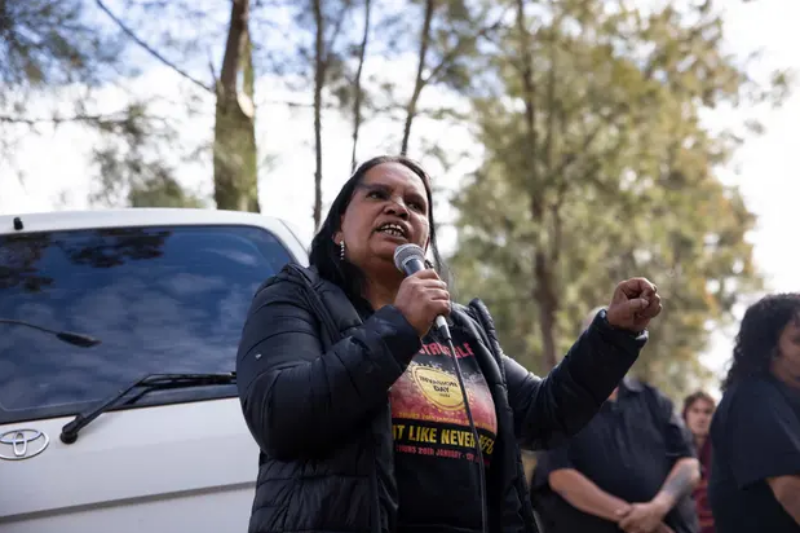
“We know that the prison crisis is absolutely catastrophic across this country,” she told the crowd.
“We’ve got about 700 people that have come from Banksia Hill that are part of that [class action] – it is the voices of many,” Krakouer said.
Desmond Blurton, the deputy chair of the Deaths in Custody Watch Committee in WA, said the government need to focus on addressing the reasons why children ended up involved in the youth justice system.
“We need to come up with some solutions together because their solutions ain’t working,” Blurton said.
“We will take care of our people. We will take care of our children, not just leave them in a facility where they don’t want to be and they are crying out for help.”
The Western Australian premier on Sunday doubled down on his criticism of young inmates involved in a riot at the Banksia Hill detention centre, adding he is sick of calls for inquiries into the troubled facility.
Mark McGowan last week described the incident as a “form of terrorism”, adding that medical conditions such as foetal alcohol spectrum disorder were being used as “an excuse” for detainees’ actions.
He continued that rhetoric on Sunday, saying the time for excuses was over.
“We need to actually hold people to account for what they do,” McGowan said.
“And the juveniles need to get the message, it’s not OK. It is not acceptable to engage in this sort of conduct.”

